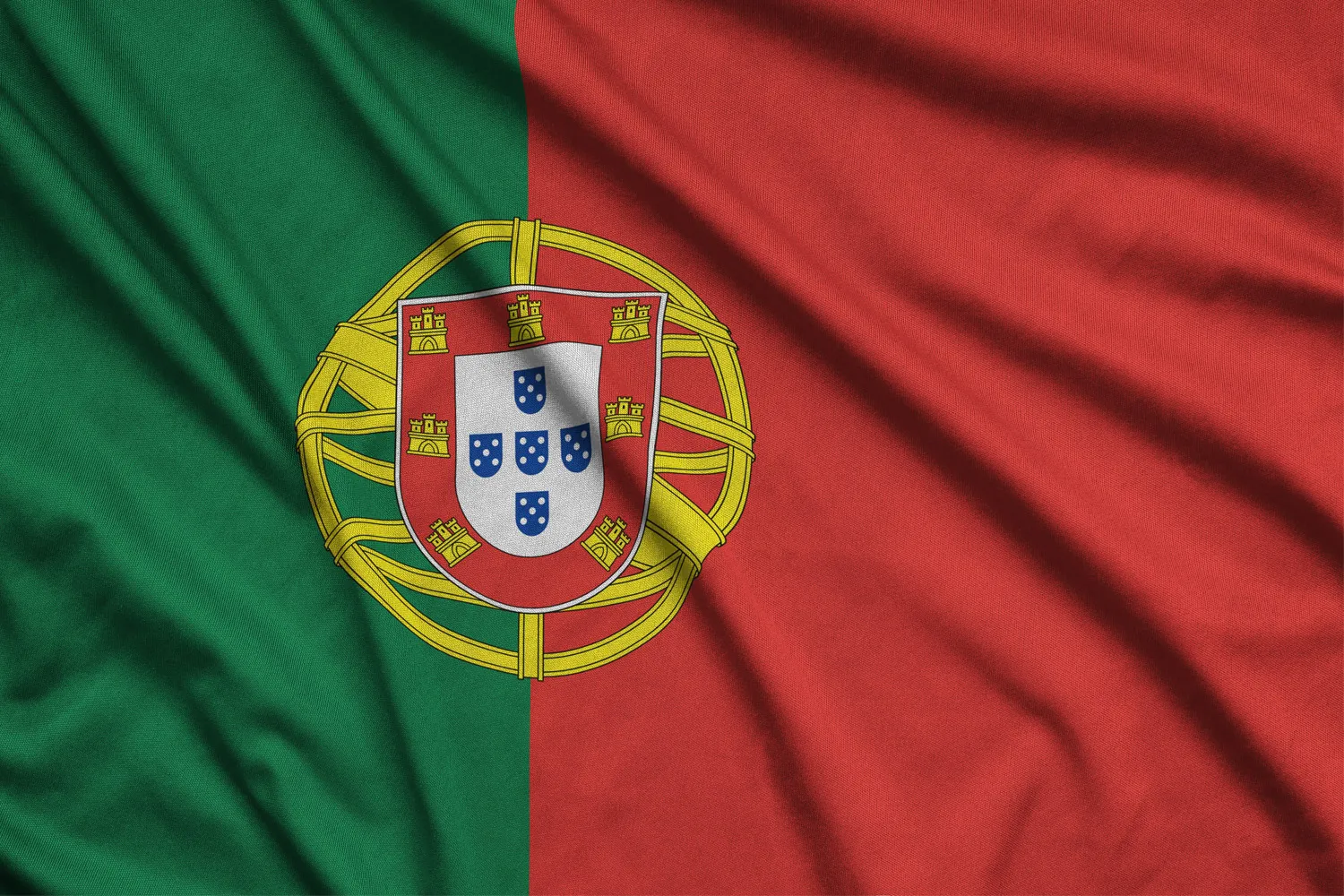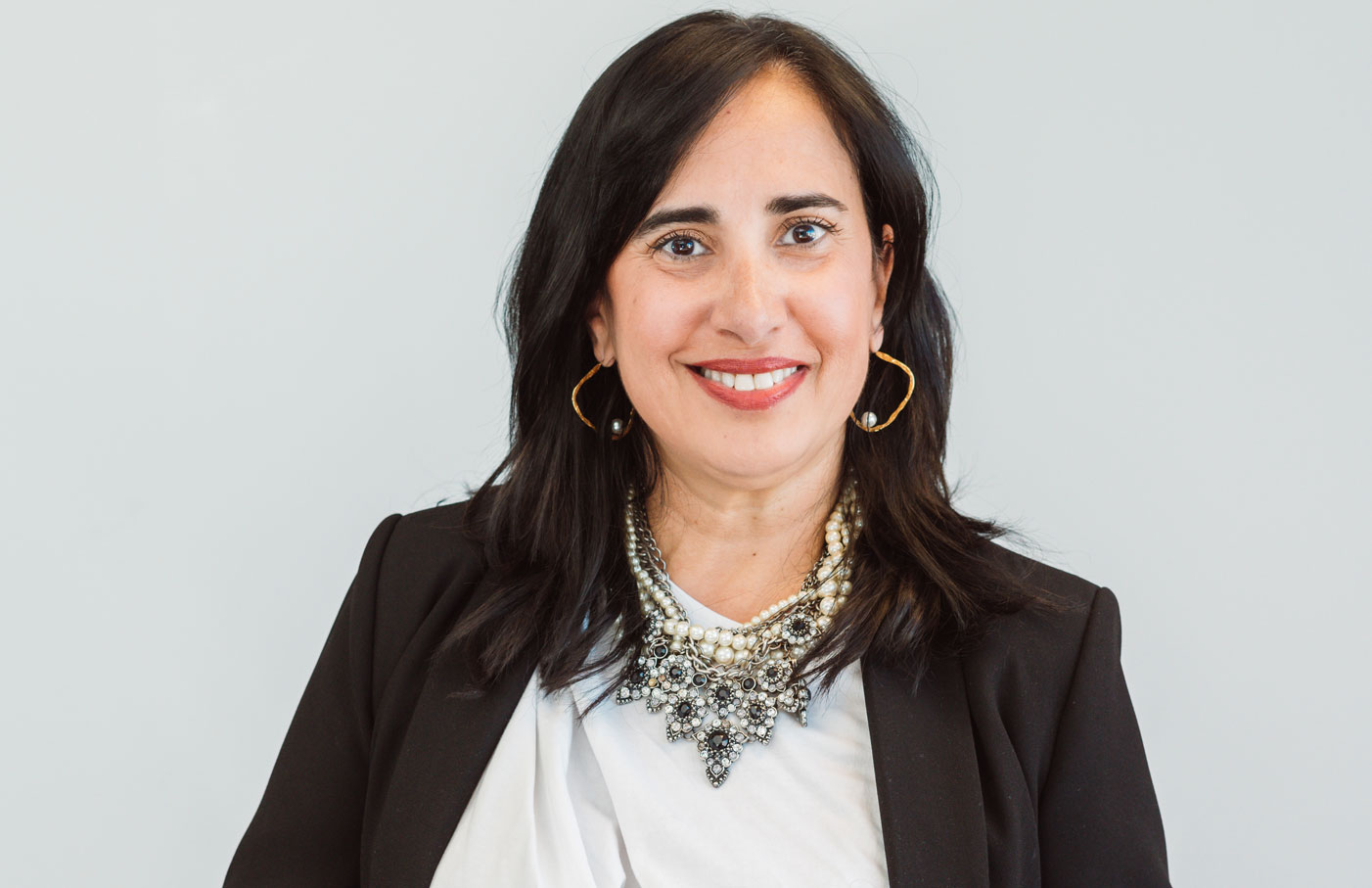How to get Portuguese citizenship for grandchildren

THE Portuguese citizenship for grandchildren of Portuguese has been simplified. The proof of bond with the Portuguese national community that before had subjective criteria to be evaluated, now is made through the domain of the Portuguese language. So, for the natives of countries where Portuguese is the official languagel, case of Brazil, this criterion is considered automatically satisfied.
However, despite this legal simplification, there are still many doubts and difficulties in gathering all the documentation to start applying for nationality. This is because it is not enough just to prove that you are the grandson of a Portuguese grandfather. The grandfather/grandmother's own Portuguese nationality must be proven, as well as the genealogical link between the grandson/grandchild and the grandfather/grandmother, passing through the applicant's father/mother, that is, the son/daughter of the Portuguese.
For help gather the data and documentation needed to make your Portuguese citizenship application viable as a Portuguese grandson we prepared a form of previous analysis. Through the data provided, our team of historians and genealogists can verify your case and indicate whether there will be a need for a complementary document search. In addition, our lawyers can guide you on the best legal strategy for you to acquire Portuguese nationality.
Below are some steps to help you gather all the information you need to fill out the form as completely as possible..
1. Old certificates
read the older certificates that you have at home: marriage, birth, death. In them you can find the names of your parents, grandparents and even great grandparents. Just remember that in the birth certificate, for example, we have a record of three generations: the newborn child, the parents and grandparents of the owner of the certificate.
I WANT THE PORTUGUESE NATIONALITY!
2. Additional information on certificates
Read the certificates carefully. Especially handwriting can provide information such as the nationality of your ancestors. Thus, what is often just a family memory begins to gain documentary evidence.
3. Memory and documents
With the information contained in the certificates, talk to older relatives and compare information on certificates with family memories. It is not uncommon that, when stimulated with new information, the memory retrieves memories that, because they seem insignificant, can contribute to the viability of the request for nationality.
4. The affiliation of the Portuguese grandfather/grandmother
The easiest document you can find the name of the father and mother of your Portuguese grandfather/grandmother is the birth certificate of your father/mother, that is, the son/daughter of the Portuguese.
This information is important, as in Portuguese nationality cases it is common to come across cases of homonyms, especially during searches aimed at finding the birth certificate or baptistery that proves the nationality of the Portuguese grandfather/grandmother.
To make it clearer how important membership is, let's look at an example. If we are looking for the document of a Portuguese named Joaquim António da Costa, it is very likely that we will find more than one person with the same name, with the same year of birth and in the same region in Portugal. Thus, the easiest and most guaranteed way to know if we have found the right Joaquim António Costa is to check if the names of the father and mother correspond with the information we have in Portuguese.
5. Organization of family memory
Write down and organize family memories, especially those that may contain clues about the origin, date of migration and places of residence of your Portuguese grandfather/grandmother.
Through accounts told from one generation to another, there is information such as the name of the ship on which the Portuguese arrived in Brazil, the port at which he disembarked, or details of the geography of the region of Portugal in which he was born and/or lived, among others . All these details, when brought together and cross-referenced with file data, can help you locate your Portuguese grandfather's/grandmother's documentation.
6. Report the memories in the preview
In addition to filling in the specific fields on the form, please be sure to send memories and family reports that you managed to piece together. This will allow us to assess as broadly and assertively as possible how we can act so that your process is successful.
START YOUR GENEALOGICAL RESEARCH!
7. paleographic reading
If you find certificates or documents you cannot read, do not disregard or discard them. Take a picture and send it to us as an attachment in the form.. We we have genealogists trained in paleographic reading who will be able to read these documents. and obtain any relevant information they have for your application for Portuguese nationality.
In this article we present seven tips so that you can gather the necessary information so that we can assess the feasibility and complexity of your application for Portuguese nationality as a grandson of Portuguese.
We further explain that, despite the process having been simplified, there are still requirements to be met and it is important to be aware of the fact that you must prove the genealogical link between you and your Portuguese grandfather/grandmother, passing through your father/mother, as well as the Portuguese nationality of your grandfather/grandmother, through the birth certificate or baptistery issued in Portugal.

Constitutional Court rules that proposed change to the Nationality Law is unconstitutional.
The Constitutional Court of Portugal has ruled that relevant parts of the proposed amendment to the Nationality Law violate constitutional principles […]

"A few years ago, Portugal made changes to make access to citizenship more humane."
In an interview with the Portugal Giro column of the newspaper O Globo, legal expert Isabel Comte analyzed the impact of the changes to […]

Transmission of Portuguese nationality to family members: requirements, steps and points to consider.
Nationality for spouses: when does the right exist? Access to Portuguese nationality through marriage is based on the length of the union and […]